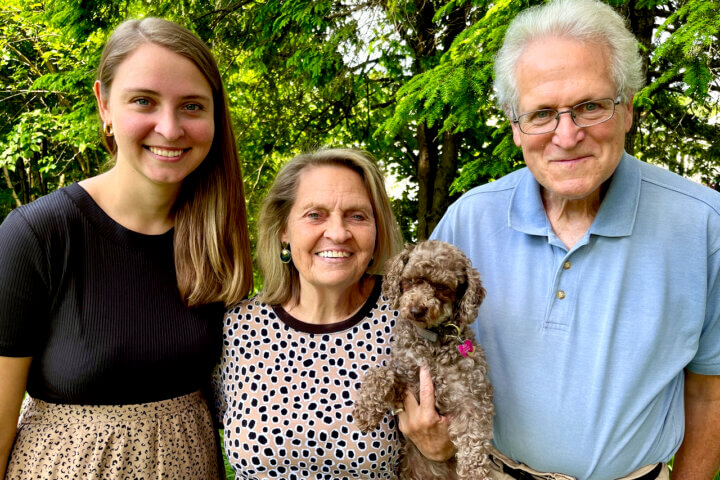Did you know that Physician Burnout may adversely affect your health care?
More than half of all doctors (63 percent according to the Mayo Clinic Proceedings) suffer from burnout. The Mayo Clinic reports that this is an increase from 44 percent in 2017.
Merriam-Webster defines burnout as “exhaustion of physical or emotional strength or motivation.” The Maslach Burnout Inventory further defines burnout as a more distant approach to work and a diminished sense or personal wellbeing or accomplishment.
The causes for this dramatic rise in burnout have included isolation from COVID-19, feeling overburdened by paperwork and administrative tasks like spending more time satisfying health computer systems rather than focusing on the patient. At the heart of medical care is the doctor’s relationship with the patient, but as one doctor said, “I no longer have time for my patients. Office visits are rushed, and between visits I have emails to answer.” The patient’s perspective is similar and many complain that “my doctor no longer has time for me; he doesn’t listen, and one foot is out the door before we even get started.”
For doctors, as for anyone with burnout, there is diminished professional and personal wellbeing, a rise in rates of fatigue, alcohol use disorder, depression and suicide, and higher rates of early retirement. Several of my most enthusiastic colleagues have said that they now “dread Monday mornings” and would rather be out taking a walk or playing with their kids rather than going to the office.
So why should you care whether your doctor suffers from burnout?
Burnout affects your medical care. If your doctor is less engaged in your medical care, he/she is less likely to attend to the details of your care, less likely to listen to your concerns and questions, and more likely to make medical errors. Some surveys (British Medical Journal 2022) found that patient safety issues doubled for physicians suffering from burnout; and not surprisingly, patient satisfaction declined.
So what can you do about this so your health is not adversely impacted?
- Most importantly recognize that burnout is a possibility.
- Find ways to improve your self-care and relationship with your doctor.
We are lucky in Concord to have many resources that can help with this. One is Concord’s Council on Aging (COA). The COA has a variety of classes that focus on wellness, exercise and healthy nutrition. They have seminars on how to prepare for your doctor’s visit. The COA will engage you so you can engage your doctor: use charm, humor to lure him/her back in the room and remind him/her about details that are important to you and your health. Conferences at COA can help you review your medical record and most importantly your medication list.
More recently, the COA has initiated a volunteer program where you can get help preparing for and going to the doctor. This will reduce stress around the doctor’s visit, help focus and record your concerns and unburden the doctor so you will get the best medical care.




